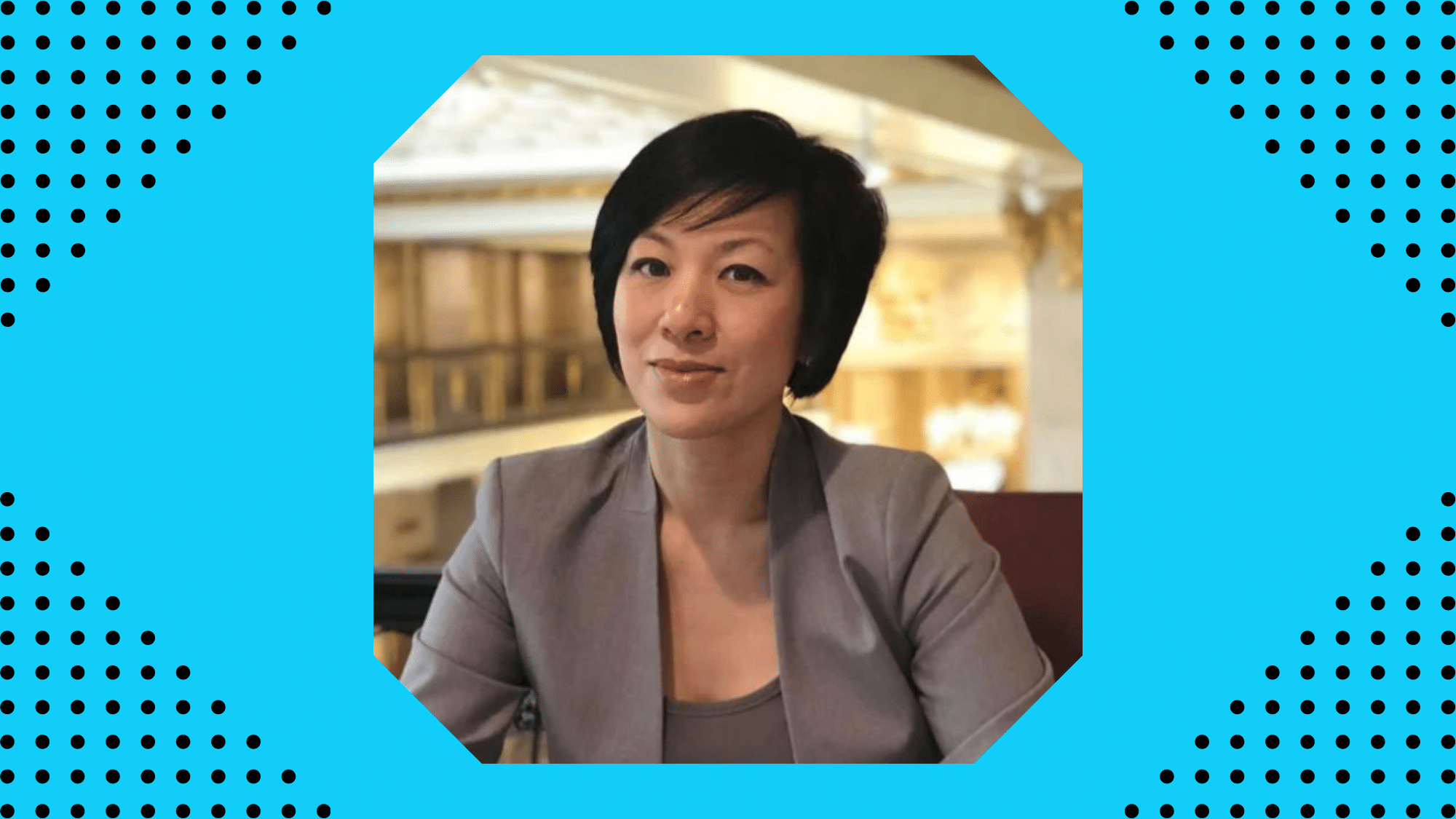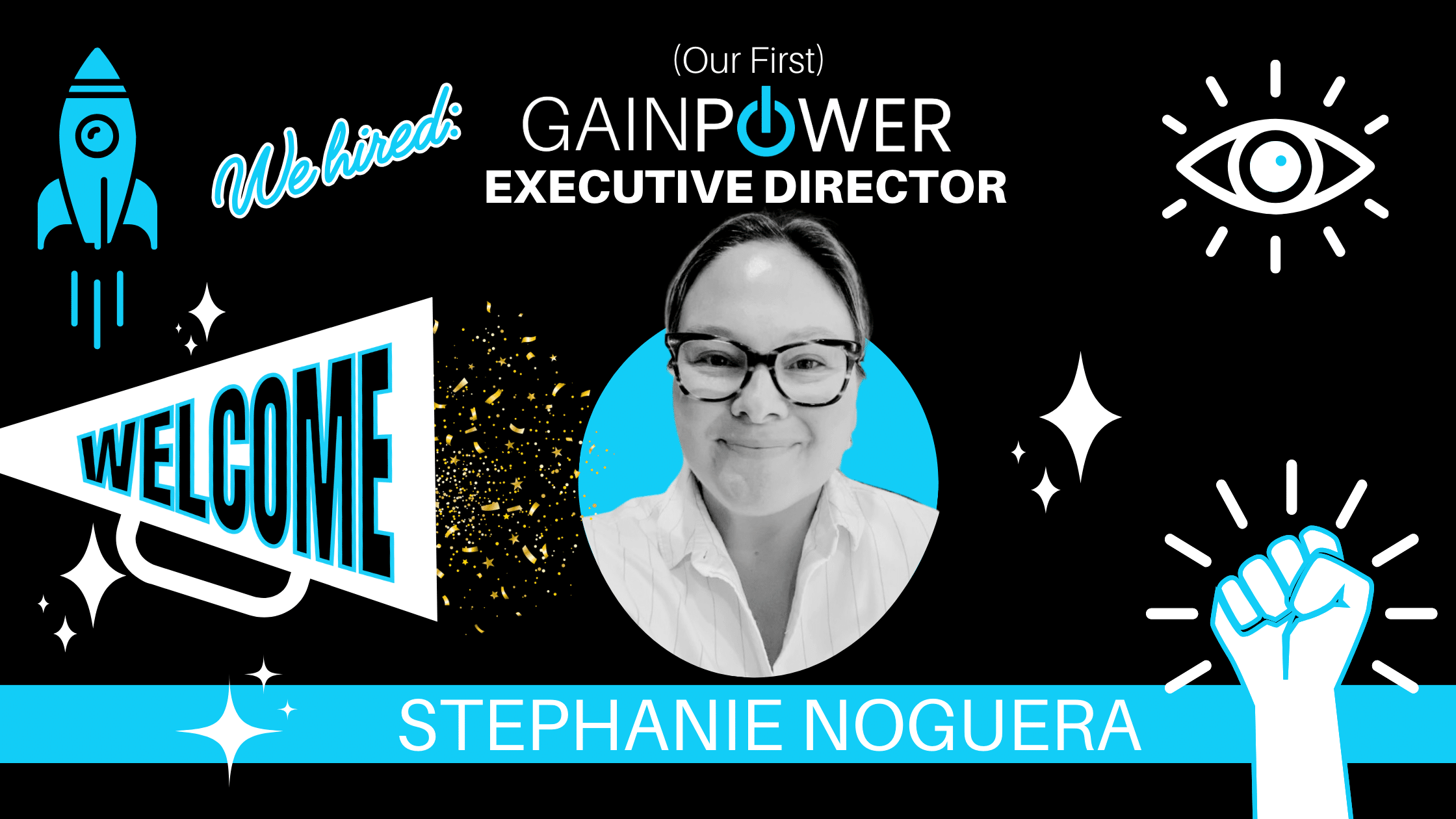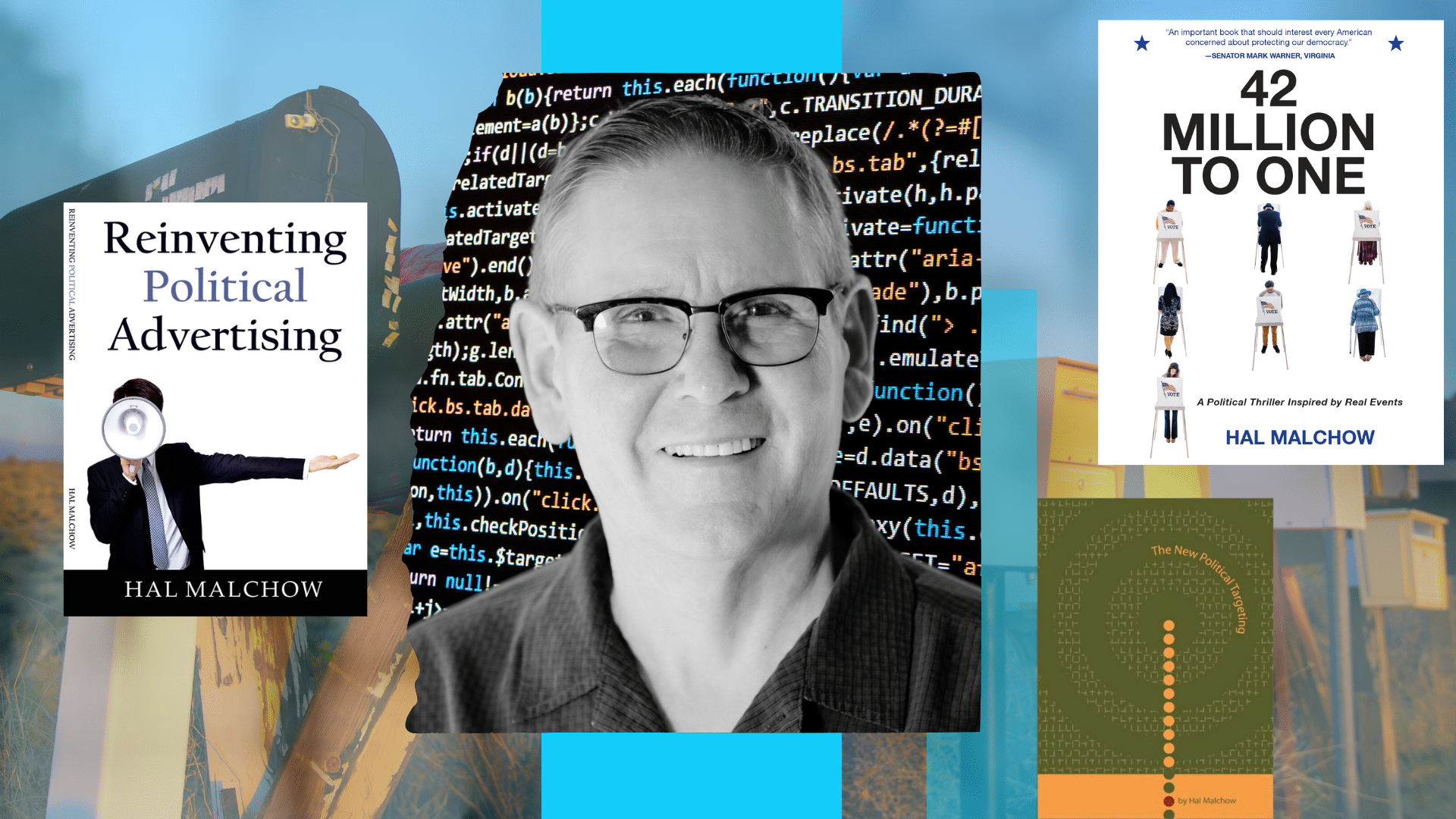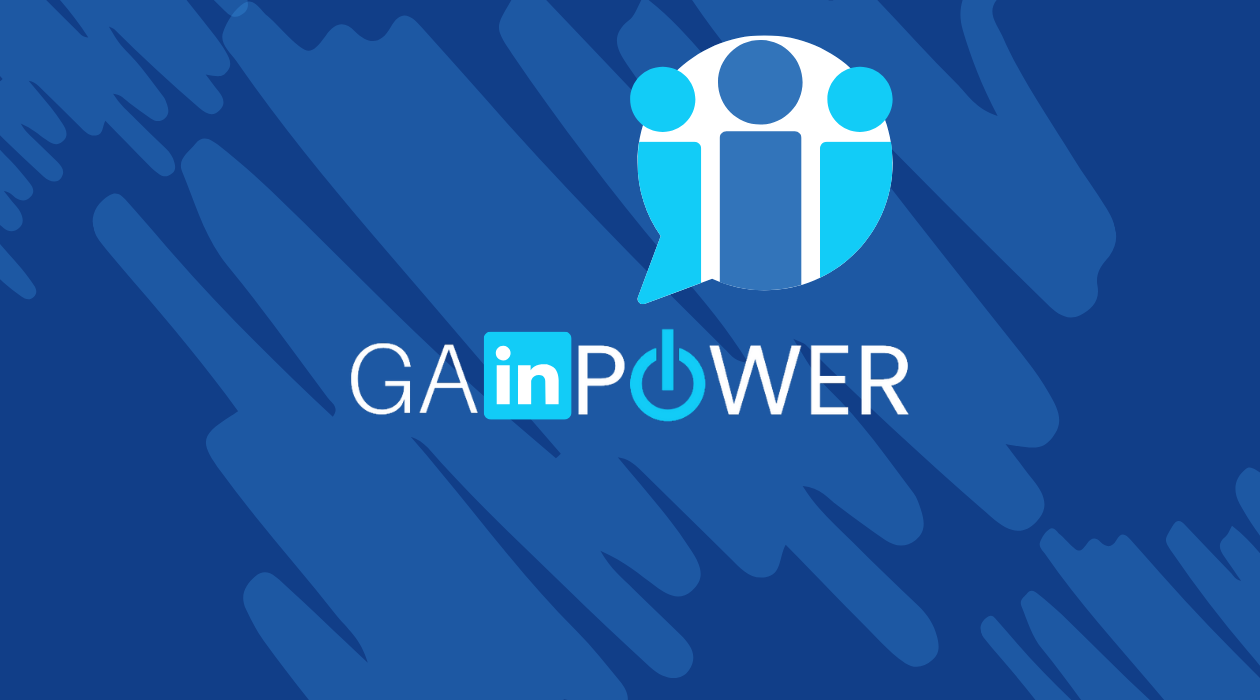If you haven’t caught up on all our spotlight interviews, be sure to check them out on the Powerful Blog! Today, we spotlight Madalene Mielke, the CEO and President of the Asian Pacific American Institute for Congressional Studies (APAICS).
Can you give a brief background and introduction about yourself?
MM: I was always involved in politics. I was president of my student body in high school; I was vice president of my student body in college. I’ve always thought that it was important to be an active citizen. So, working in politics was something that I thought about from the time I was in college, and it really was my goal to work at the DNC. And, I ended up doing that. I worked on the 1996 re-election campaign
Why did you choose this line of work?
MM: Mainly because I thought that politics was a vehicle to which people can make change. I also did internships on the Hill when I was in college. And as much as I think it’s important to have people at the table for public policy discussions, those of us who work in the political sphere work to elect those people who are having those discussions. It’s another layer of work to be able to get people elected into positions of power to be able to have those public policy discussions.
What has been the most surprising thing you have learned since getting involved in progressive politics?
MM: That anything can happen. I was there for the 2000 campaign and saw the test of our constitution and how we, as a country, engaged in that election, post-election, and everything that came after that. I think that really tested my thoughts and my awareness of how people have a role in working in politics and engaging people from all different backgrounds and perspectives to be able to encourage them to participate in democracy.
What does your day to day work look like?
MM: We’re in a nonpartisan organization now, so I like to think of myself as the head leader of my community to encourage the AAPI community to feel empowered to run for office, to feel that we are worthy, and that we have the skill sets to be elected leaders, and mostly that we should be welcomed into these spaces. And so, working along with my counterparts in the Hispanic, Black, Indigenous, and LGBTQ communities, helps us educate about what’s happening in my community, but also helps us learn how we can be better allies to one another.
Have you seen a shift in your work, impacting your community and impacting other communities of people wanting to run, or just in general getting involved in politics?
MM: We’ve seen an uptick of people who are filing for candidacy; we saw that from 2018 to now. That to us is progress; making sure that people feel like they have the ability to do that, and then the confidence to do that.
We’ve seen more people who are AAPI working in legislative offices as staff. There’s still a lot of work to be done. However, I think that we are in a place where people feel welcomed, and that they understand that there are more of us who are here to support their efforts to be in these spaces.
What has been the best part or best memory of your career, so far?
MM: Always winning. Although I’m in a nonpartisan space now, I think the majority of my life has been about working for candidates who represent the values that I believe in, and being able to work to support them so that they can succeed, as well as being able to see efforts in creating public policy that benefits marginalized and underrepresented communities.
Just in the trajectory of my own career, knowing that I’ve progressed also from being staff support to being someone who has had enough experience and insight to provide strategic advice to candidates and elected officials, so that they know that we’re here to support them and uplift my community. So anytime we see people, I feel excited for them because they’re in a place of influence.
What are some of the toughest challenges you’ve faced throughout your career?
MM: Lately, we’ve been combatting a lot of anti-Asian hate and rhetoric, and oftentimes we feel that people don’t see us. There was a survey that came out, and people couldn’t really name a prominent Asian American. That to me is disheartening just in the sense of our visibility and media and sports, and all the things that people think of as pop culture. We aren’t necessarily viewed on top of mind or even as something as seen as American, so trying to combat these stereotypes for the Asian American community can be draining. It is also something that gnaws at you a little bit every day, but I think it’s one of those things that if we don’t continuously fight against it, then people get complacent and then we aren’t really educating them to where they really understand the AAPI community.
What do you wish you had known about getting involved in politics and in this space?
MM: I’m glad I was naive, just because then I had really great mentors and experienced people to help me better understand my place and the way things work. I started with an idealistic point of view and then just became a more pragmatic point of view with a touch of idealism. There was a moment in time where I stepped out of politics, and then came back, and I think that really helped me sort of re-engage my “why” and why I work in politics and in a space that encourages active citizens to be involved.
What advice do you have for young professionals, young Asian Americans who are looking to get involved in politics?
MM: Meet people and have mentors who don’t look like you as well because it is important for us to learn from each other. I didn’t really step into the Asian American space until I was 30, and so in the beginning parts of my career, I always credit three white women who helped me. They really just supported me because they thought I had some talent. So, I think that’s important for us to remember that we can help any young person or any person who wants to be in this business as long as they want to be.
Lastly, for fun, if you could do another job for just one day, what would it be?
MM: A lounge singer. I am actually a trained opera singer, and during my lessons, my singing instructor told me that I should try something else to broaden my horizons, and I took jazz singing lessons. I performed in a jazz club in DC and I invited my friends to come, and it was just a fun experience. And, it’s something different in the sense that it’s a joyful moment for me to experience music in a way that’s a little different than what I’ve learned through being classically trained.






